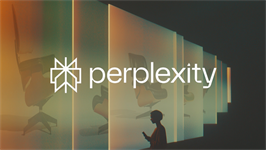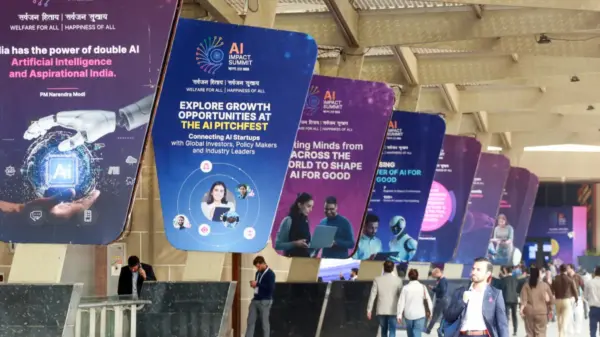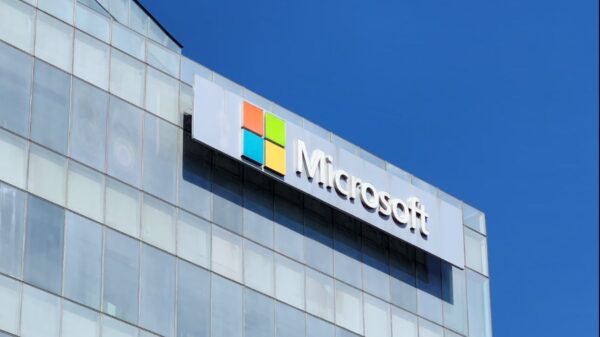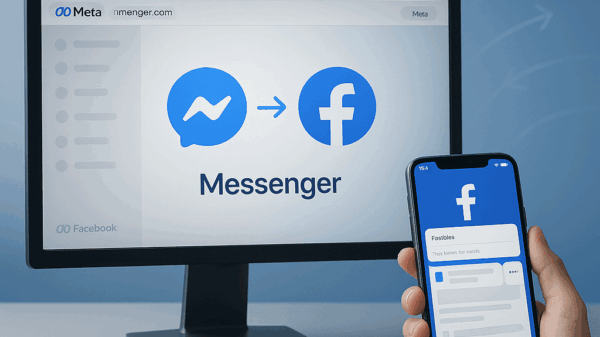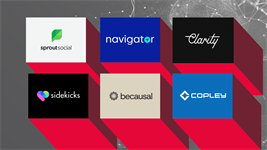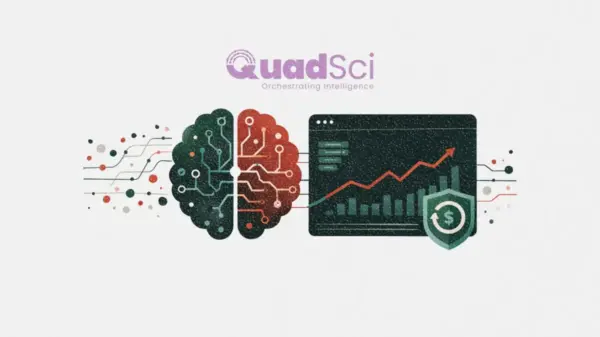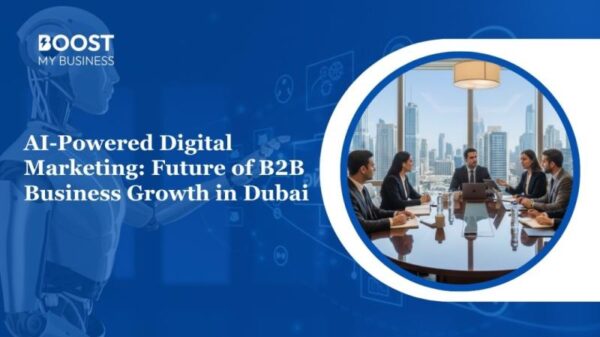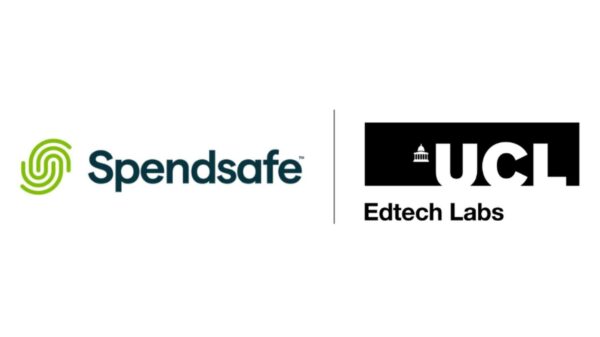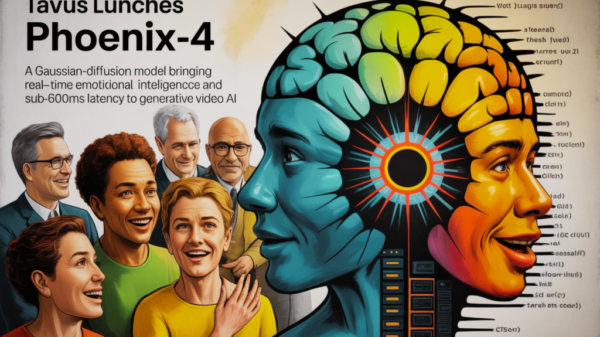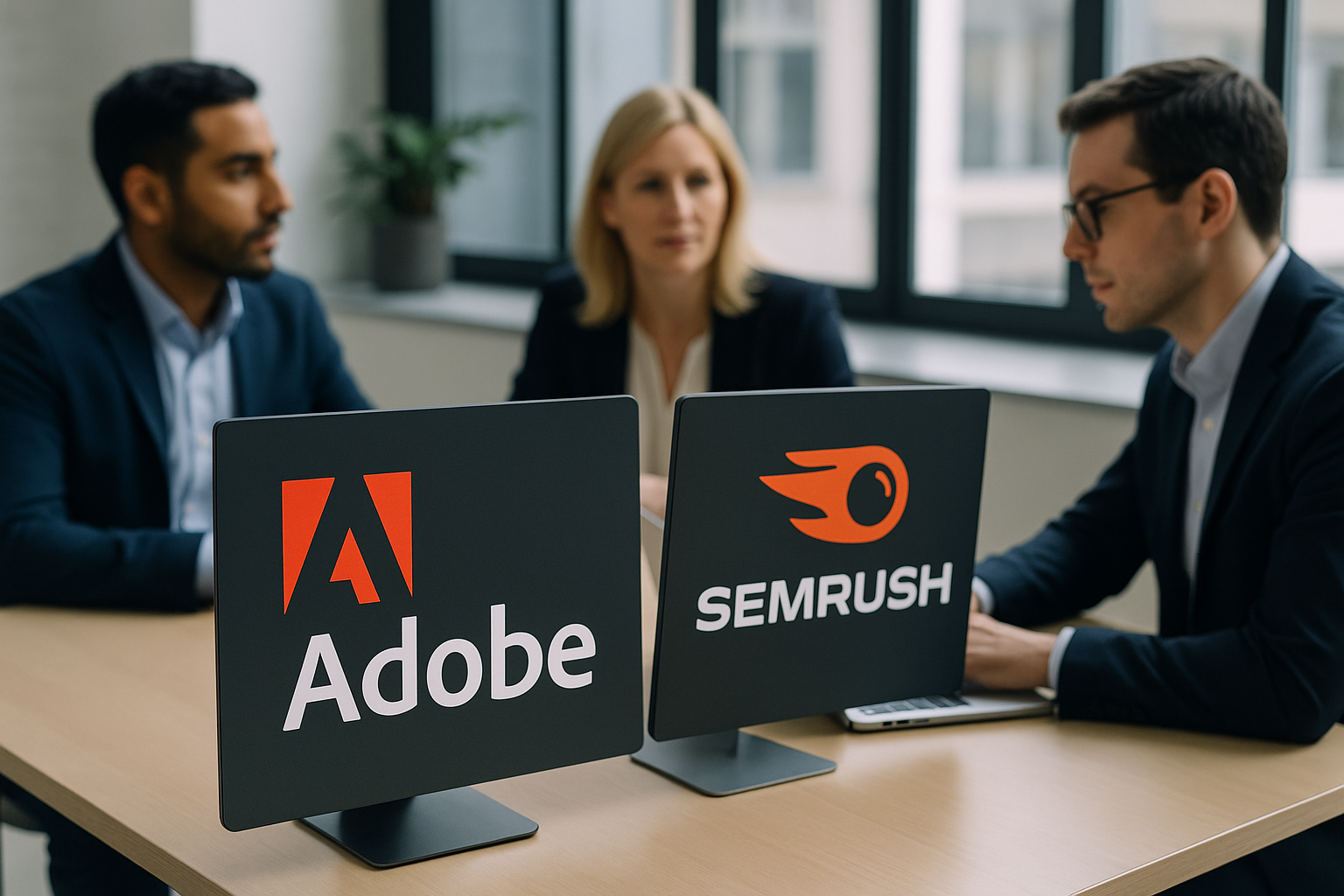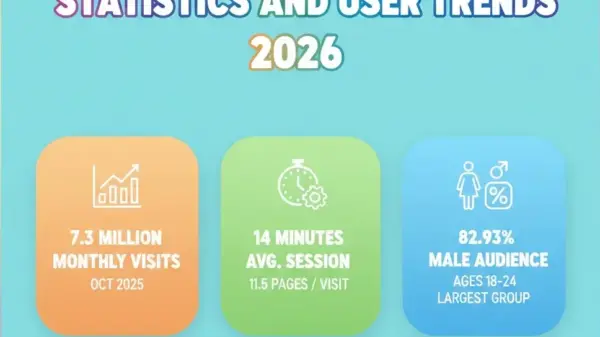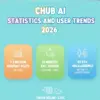In a significant move aimed at enriching its digital marketing strategy, Adobe Inc. announced on November 19, 2025, its agreement to acquire Semrush Holdings Inc. for approximately $1.9 billion in an all-cash deal. Valued at $12 per share, this represents a remarkable 77.5% premium over Semrush’s previous closing price of $6.89, leading to a surge of nearly 70% in Semrush shares during premarket trading.
This acquisition is part of Adobe’s strategy to enhance its artificial intelligence capabilities within its marketing suite. By integrating Semrush’s robust search engine optimization (SEO) and brand visibility tools with Adobe’s existing Experience Cloud offerings, the partnership aims to provide marketers a “unified view across channels, search, LLMs, and web.” This is a crucial development as the demand for agentic AI in customer experience orchestration continues to grow.
Strategic Synergies in AI-Driven Marketing
Semrush, recognized for its comprehensive tools aimed at optimizing online visibility and content performance, aligns well with Adobe’s ambitions to enhance generative AI products. As reported by Reuters, Adobe is keen to “strengthen its marketing tools and attract brands with generative artificial intelligence products.” This acquisition fits a pattern seen in Adobe’s recent growth strategies, reminiscent of its unsuccessful bid for Figma in 2022, which faced regulatory challenges.
Market analysts view this acquisition as a timely response to the increasing role of AI in marketing. Semrush’s platform features functionalities such as keyword research, competitive analysis, and content optimization, which will seamlessly integrate with Adobe’s Adobe Experience Manager (AEM), Adobe Analytics, and the newly launched Adobe Brand Concierge. Coverage from The Verge emphasized that the deal allows brands to gain “more insight into how their content appears across the web,” especially as large language models reshape search and content discovery.
Market Reaction and Financial Considerations
The market’s immediate response was overwhelmingly positive, with Semrush shares climbing 55% in premarket trading, according to The Economic Times. However, Adobe’s stock dipped slightly amid broader concerns regarding acquisition costs, although analysts remain optimistic about the long-term potential of the deal. The transaction is expected to close in the first half of 2026, pending regulatory approvals and customary closing conditions.
From a financial perspective, the $1.9 billion valuation reflects Semrush’s impressive growth since its founding in 2008. With over 100,000 paying customers and annual recurring revenue in the hundreds of millions, Semrush’s tools are seen as invaluable for brands looking to engage customers in an AI-driven landscape. C NBC highlighted that the tools can significantly assist brands in customer engagement and growth, dovetailing nicely with Adobe’s push into AI-enhanced creative and marketing workflows.
Implications for the Digital Marketing Ecosystem
For users of Semrush, this acquisition promises enhanced capabilities through Adobe’s extensive resources. The merger is described by Semrush’s investor relations as delivering “a comprehensive solution that gives marketers a holistic understanding of how their brands appear across digital channels.” This could lead to accelerated innovation in areas such as AI-powered content generation and real-time analytics.
However, questions remain regarding potential integration challenges. Reports from TechCrunch noted that Adobe’s offer nearly doubled Semrush’s prior closing price, reflecting high expectations but also concerns about the risks involved in overpaying in a volatile tech market. Reactions on social media platforms like X revealed mixed feelings, with industry insiders expressing surprise at the acquisition’s potential to reshape Adobe’s SEO tools.
Overall, this acquisition positions Adobe against competitors like Salesforce and Oracle in the customer experience management landscape. By leveraging Semrush’s data-driven insights, Adobe can now offer end-to-end solutions that span content creation to performance tracking, a necessity as brands adapt to AI-enhanced search engines. The integration melds SEO with generative AI, promising to set new standards for marketing technology stacks.
As the deal progresses toward its 2026 closure, industry observers will be keenly watching how Adobe navigates the integration of Semrush’s capabilities. The acquisition underscores Adobe’s commitment to AI as a core driver for growth, building on previous acquisitions like Marketo in 2018, which expanded its B2B marketing capabilities.
 AI Integration in Marketing Boosts Customer Engagement by 30% Through Automation
AI Integration in Marketing Boosts Customer Engagement by 30% Through Automation Adobe Acquires Semrush for $1.9B to Transform AI Marketing with SEO Integration
Adobe Acquires Semrush for $1.9B to Transform AI Marketing with SEO Integration People.ai Appoints Kimberly Gordon as SVP Marketing and Promotes Natalie Wolf to Chief Customer Officer
People.ai Appoints Kimberly Gordon as SVP Marketing and Promotes Natalie Wolf to Chief Customer Officer Shernaz Daver Exits Khosla Ventures After Transforming AI Investment Strategy
Shernaz Daver Exits Khosla Ventures After Transforming AI Investment Strategy CMOs Transform into Growth Architects with AI, Driving 40% Revenue Boost by 2025
CMOs Transform into Growth Architects with AI, Driving 40% Revenue Boost by 2025




